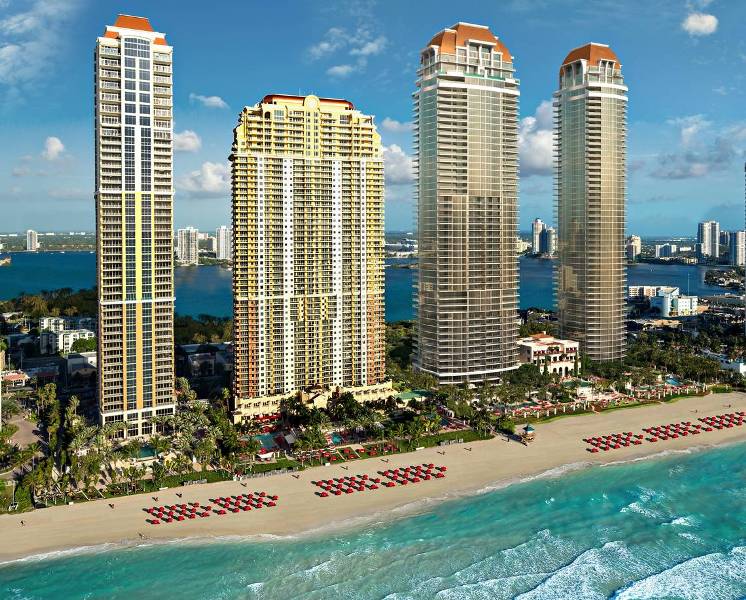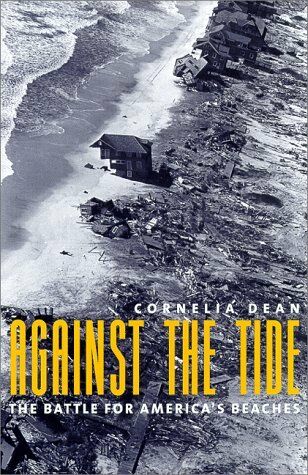File:Sea Wall of Miami +++.jpg: Difference between revisions
Siterunner (talk | contribs) No edit summary |
Siterunner (talk | contribs) No edit summary |
||
| (One intermediate revision by the same user not shown) | |||
| Line 1: | Line 1: | ||
<big><big>A 20-Foot Sea Wall? Miami Faces the Hard Choices of Climate Change</big></big> | <big><big>''A 20-Foot Sea Wall? Miami Faces the Hard Choices of Climate Change''</big></big> | ||
A proposal to construct barriers for storm surge protection has forced South Floridians to reckon with the many environmental challenges they face | ''A proposal to construct barriers for storm surge protection has forced South Floridians to reckon with the many environmental challenges they face'' | ||
* https://www.nytimes.com/2021/06/02/us/miami-fl-seawall-hurricanes.html | * https://www.nytimes.com/2021/06/02/us/miami-fl-seawall-hurricanes.html | ||
| Line 13: | Line 13: | ||
'''''Build a wall''''' | '''''Build a wall?''''' | ||
''The U.S. Army Corps of Engineers proposed in its first draft of the study, now under review. Six miles of it, in fact, mostly inland, running parallel to the coast through neighborhoods — except for a one-mile stretch right on Biscayne Bay, past the gleaming sky-rises of Brickell, the city’s financial district.'' | ''The U.S. Army Corps of Engineers proposed in its first draft of the study, now under review. Six miles of it, in fact, mostly inland, running parallel to the coast through neighborhoods — except for a one-mile stretch right on Biscayne Bay, past the gleaming sky-rises of Brickell, the city’s financial district.'' | ||
'''''"Generational questions"''''' | '''''"Generational questions"''''' | ||
Latest revision as of 18:08, 30 April 2022
A 20-Foot Sea Wall? Miami Faces the Hard Choices of Climate Change
A proposal to construct barriers for storm surge protection has forced South Floridians to reckon with the many environmental challenges they face
By Patricia Mazzei / New York Times
June 2, 2021
Build a wall?
The U.S. Army Corps of Engineers proposed in its first draft of the study, now under review. Six miles of it, in fact, mostly inland, running parallel to the coast through neighborhoods — except for a one-mile stretch right on Biscayne Bay, past the gleaming sky-rises of Brickell, the city’s financial district.
"Generational questions"
In Miami, the U.S. metropolitan area that is perhaps most exposed to sea-level rise, the problem is not climate change denialism. Not when hurricane season, which begins this week, returns each year with more intense and frequent storms. Not when finding flood insurance has become increasingly difficult and unaffordable. Not when the nights stay so hot that leaving home with a sweater to fend off the evening chill has become a thing of the past.
The trouble is that the magnitude of the interconnected obstacles the region faces can feel overwhelming, and none of the possible solutions are cheap, easy or pretty...
South Florida, flat and low-lying, sits on porous limestone, which allows the ocean to swell up through the ground. Even when there is no storm, rising seas contribute to more significant tidal flooding, where streets fill with water even on sunny days. The expanding saltwater threatens to spoil the underground aquifer that supplies the region’s drinking water, and to crack old sewer pipes and aging septic tanks. It leaves less space for the earth to absorb liquid, so floodwaters linger longer, their runoff polluting the bay and killing fish.
And that is just sea-level rise. Temperatures have gotten so sweltering over recent summers that Miami-Dade County has named a new interim “chief heat officer.”
Building too close the water's edge in Miami...
···························································
Do Sea Walls Work? Ask Cornelia Dean...
File history
Click on a date/time to view the file as it appeared at that time.
| Date/Time | Thumbnail | Dimensions | User | Comment | |
|---|---|---|---|---|---|
| current | 20:58, 4 June 2021 |  | 526 × 220 (48 KB) | Siterunner (talk | contribs) |
You cannot overwrite this file.
File usage
The following page uses this file:
- Sea-Level Rise & Mitigation
- Antarctica
- Arctic
- Antigua and Barbuda
- Bahamas
- Barbados
- Belize
- Cabo Verde
- Caribbean
- Climate Policy
- Comoros
- Cook Islands
- Cuba
- Dominica
- Dominican Republic
- Fiji
- Florida
- Global Security
- Greenland
- Grenada
- Guinea-Bissau
- Guyana
- Haiti
- Italy
- Kiribati
- Jamaica
- Louisiana
- Maldives
- Marshall Islands
- Micronesia
- Nauru
- New Jersey
- New Zealand
- New York
- Niue
- North Carolina
- Oceania
- Palau
- Papua New Guinea
- Samoa
- Saint Kitts and Nevis
- Saint Lucia
- Saint Vincent and the Grenadines
- Sao Tome and Principe
- Seychelles
- Small Island Developing States
- Singapore
- Solomon Islands
- South Carolina
- US
- Anthropocene
- Aquifers
- Atmospheric Science
- Climate Change
- Cryosphere
- Divestment from Fossil Fuels
- Earth
- Earth360
- Earth Imaging
- Earth Observations
- Earth Science
- Earth Science from Space
- Eco-nomics
- Ecology Studies
- Environmental Full-cost Accounting
- Environmental Protection
- Environmental Security
- Environmental Security, National Security
- ESA
- Green Best Practices
- Green Graphics
- Green Politics
- NASA
- New Definitions of National Security
- NOAA
- Ocean Ecosystem
- Oceans
- Ocean Science
- Planet Citizens
- Planet Scientist
- Planet Citizens, Planet Scientists
- Renewable Energy
- Resilience
- Sea-level Rise
- Solar Energy
- Strategic Demands
- Sustainability
- Sustainability Policies
- US Environmental Protection Agency
- Whole Earth

